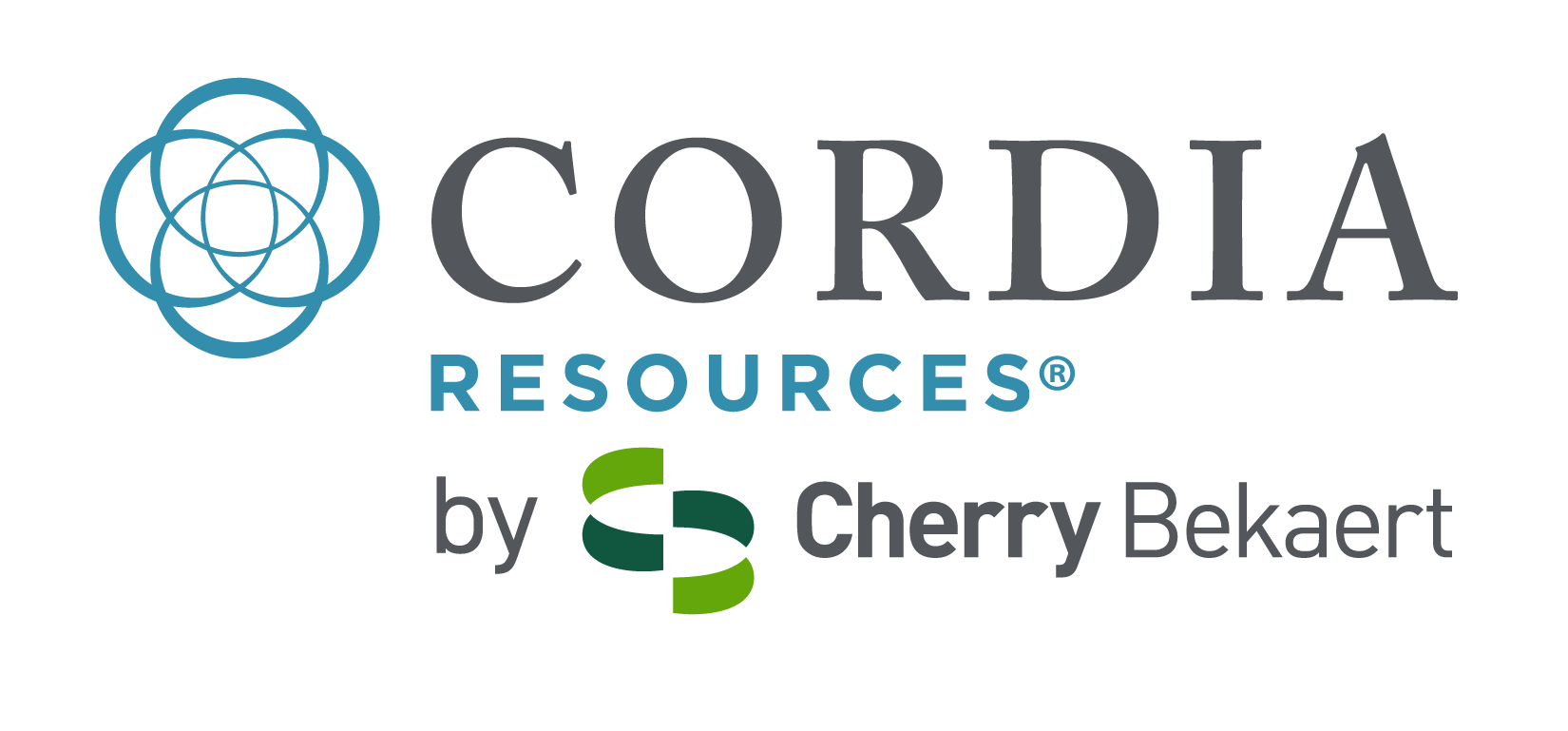Controllers occupy a high status and high responsibility position in the corporate financial hierarchy, usually just a step or two away from the Chief Financial Officer, or COO. This position involves plenty of decision-making and close oversight of almost every financial move the company makes. Controllers (and their teams) turn raw financial data into usable company information, and they do this by starting with income statements and balance sheets and using them to generate reports and make forecasts about future expenses and earnings.
The Path from Accountant to Controller
While a few controllers begin their careers as financial analysts, most start out in public accounting or in private organizations. This means earning a degree in accounting and then earning certification by passing the CPA exam (Certified Public Accountant).
Accountants who begin their careers at the junior level with small accounting firms can often step immediately into a controller position with one of their client firms. Accountants who begin with larger firms will usually need to take at least one intermediate step, into the role of an associate or assistant controller. At that point, they can usually work their way up within the company to position of higher responsibility.
At smaller firms, controllers usually earn salaries between 65,000 and 90,000 dollars per year plus benefits. At larger firms to mid-sized firms, top-level controllers can expect to earn anywhere from 130,000 to 180,000 dollars each year. This figure can vary significantly by geographic area, with metropolitan firms in big cities offering salaries at the higher end of the spectrum.
In order to blaze a trail from the junior accountant level to a position as a controller for a large company, employees will need to focus on technical skill sets. But they’ll also need to develop the strong sense of situational awareness, judgment, and social skill. Successful reporting and communication don’t just involve analyzing and processing raw data; controllers also need to have an understanding of all of the business functions to ensure accurate finances.
Are you looking for a financial staffing agency that can help you develop these skills and take your financial career to the next level? If you are looking for executive recruiters in DC, contact us today.


